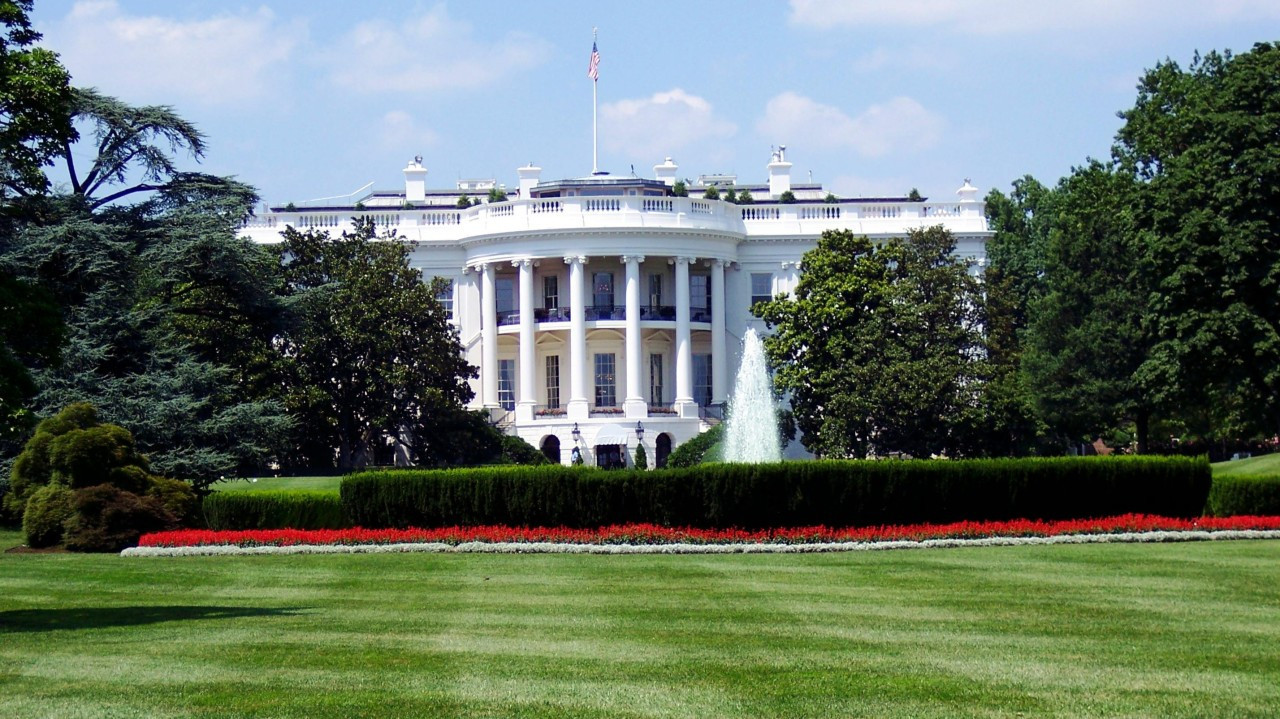Alea Jacta Est
Has President Trump Crossed His Rubicon with U.S. Tariff Policy?

Keith Wildie, Senior Principal and Founder at ZKR Partners
Julius Caesar’s crossing of the Rubicon marked a decisive moment - a point of no return that reshaped the Roman Republic forever. Today, we might ask whether President Trump’s sweeping global tariff strategy represents his own Rubicon moment, one poised to redefine the geopolitical and economic landscape for years to come.
Years ago, I studied ancient Greek and Roman history under a lecturer so passionate that he occasionally donned a toga for his classes. His enthusiasm wasn’t just theatrical; it was transformative, teaching us that history often follows a recurring pattern: a clear objective, a critical action, and a resulting crisis that sparks transformative change.
This lens of historical repetition feels particularly relevant as we examine the unfolding drama of President Trump’s tariff policies. The recent escalation- culminating in tariffs exceeding 100% on imports from China - has plunged global markets into turmoil, with retaliatory measures from affected nations amplifying the crisis. But amidst this chaos, one question looms large: Why?
A Strategic Gamble
The U.S. administration’s tariff regime has created volatility across markets but also an opportunity for strategic recalibration. History suggests that crises often serve as catalysts for profound change. Could this be the administration’s ultimate goal - to leverage economic disruption as a tool for long-term geopolitical advantage? By targeting trade imbalances and reducing dependency on adversarial nations like China, Trump’s tariffs may aim to reshape global supply chains and commodity markets on an unprecedented scale.
Cutting Through the Noise
At ZKR, we view this period of market upheaval not as chaos but as opportunity. While many focus on short-term losses or retaliatory measures, we work with clients to identify actionable strategies that capitalise on these shifts. Whether it’s navigating commodity price fluctuations or anticipating new trade dynamics, our approach is rooted in cutting through noise to uncover value.
The Die Is Cast
My lecturer once explained that Caesar’s famous phrase “Alea jacta est” carries dual meanings: the bold commitment to action and the more human acknowledgement of fate’s unpredictability. As Trump implements his global tariff strategy, it seems he has indeed “cast the die” - setting in motion forces that will shape economies and geopolitics for years to come.
Will this gamble pay off? Will it lead to transformative change or unintended consequences? Much like Caesar’s march toward Rome, only time will tell what fate awaits us.
As business leaders worldwide navigate these turbulent waters, let us remember that every crisis carries with it seeds of opportunity. The key lies in understanding its deeper objectives and positioning ourselves for success in the new paradigm it creates.



